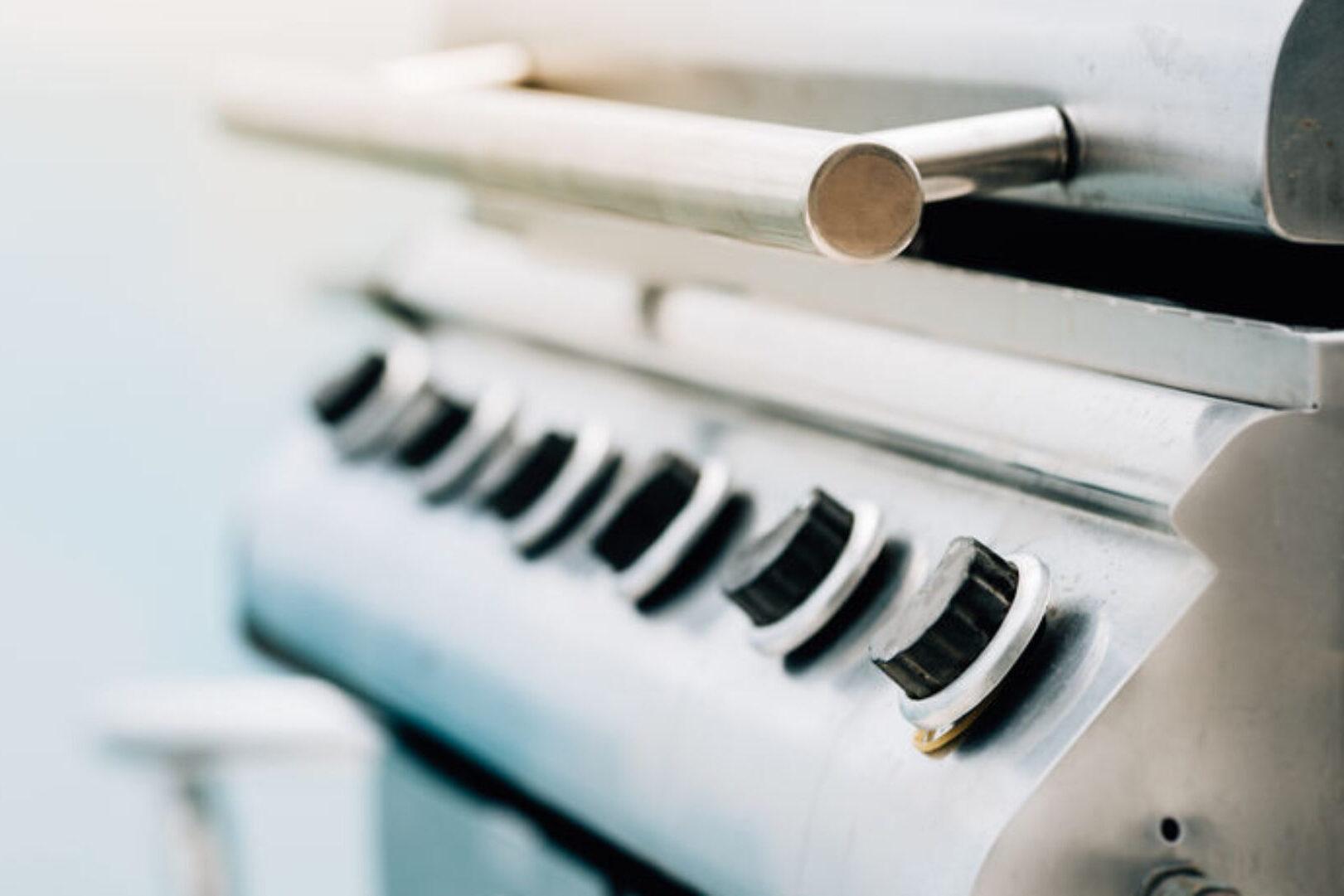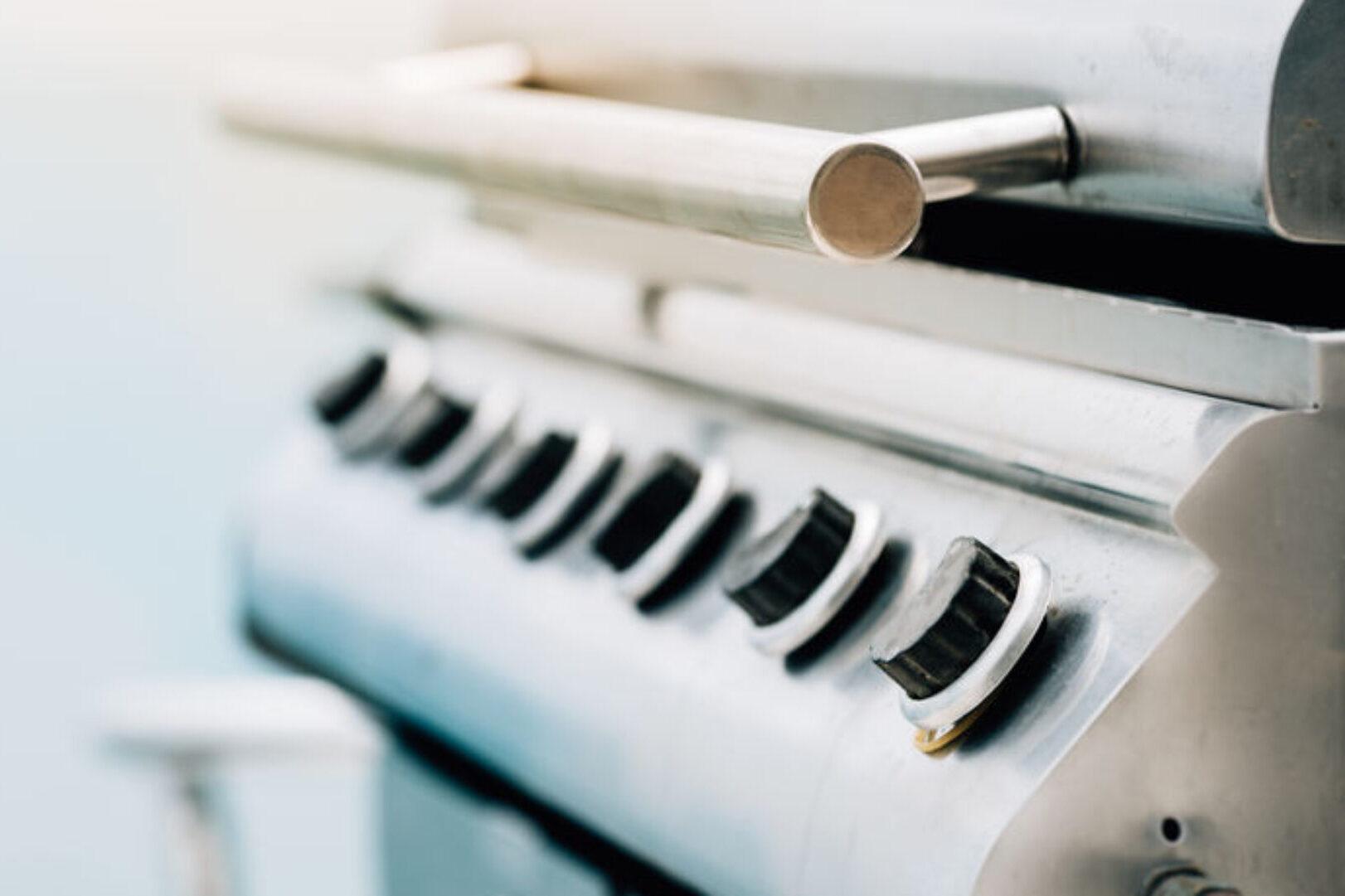 When it comes to outdoor cooking, especially with gas grills, the term BTU (British Thermal Unit) often takes center stage.
When it comes to outdoor cooking, especially with gas grills, the term BTU (British Thermal Unit) often takes center stage.
Many barbecue enthusiasts swear by the belief that higher BTU translates to better grilling performance.
However, is this always the case, or is the correlation between BTU and barbecue excellence more nuanced?
Let’s delve into the world of BTU and explore whether higher BTU is indeed better for BBQ.
Understanding BTU
Before we jump into the debate, it’s crucial to understand what BTU signifies in the context of grilling.
BTU is a unit of measurement that quantifies the amount of heat a grill can generate in an hour.
The higher the BTU rating, the more heat the grill can produce, theoretically allowing for faster preheating and higher cooking temperatures.
The High BTU Myth
Contrary to popular belief, a high BTU rating alone does not guarantee superior grilling performance.
While it’s true that a grill with more BTUs can reach higher temperatures quickly, other factors also play a significant role in determining overall cooking efficiency and flavor.
Cooking Surface Area
One crucial factor to consider is the size of the cooking surface.
A high-BTU grill may struggle to maintain consistent heat across a large cooking area.
The distribution of heat is just as important as the quantity, ensuring that all parts of the grill receive adequate heat for even cooking.
Quality of Construction
The build quality of a grill matters more than just the BTU rating.
Grills made with high-quality materials, proper insulation, and efficient design can retain and distribute heat effectively, even with a lower BTU rating.
Conversely, a poorly constructed high-BTU grill might suffer from heat loss, leading to uneven cooking.
Heat Retention and Recovery
A grill’s ability to retain and recover heat is crucial for achieving perfect BBQ results.
Some grills with lower BTUs may excel in heat retention, ensuring a consistent temperature throughout the cooking process.
Additionally, grills with efficient heat recovery can quickly bounce back to the desired temperature after opening the lid.
Fuel Efficiency
Higher BTU grills often consume more fuel, which can impact your overall grilling costs.
Grills with lower BTUs may offer better fuel efficiency, providing a balance between cost-effectiveness and performance.
Bottom Line – Is Higher BTU Better for BBQ?
In the world of BBQ, the correlation between higher BTU and better grilling is not as straightforward as it seems.
While a high BTU rating can contribute to faster preheating and increased cooking temperatures, it is not the sole determinant of a grill’s performance.
Factors like cooking surface area, construction quality, heat retention, and fuel efficiency play pivotal roles in achieving the perfect barbecue.
Ultimately, the best grill for you depends on your specific needs and preferences.
Consider factors beyond BTU, such as grill size, construction materials, and features, to make an informed decision that aligns with your barbecue aspirations.

